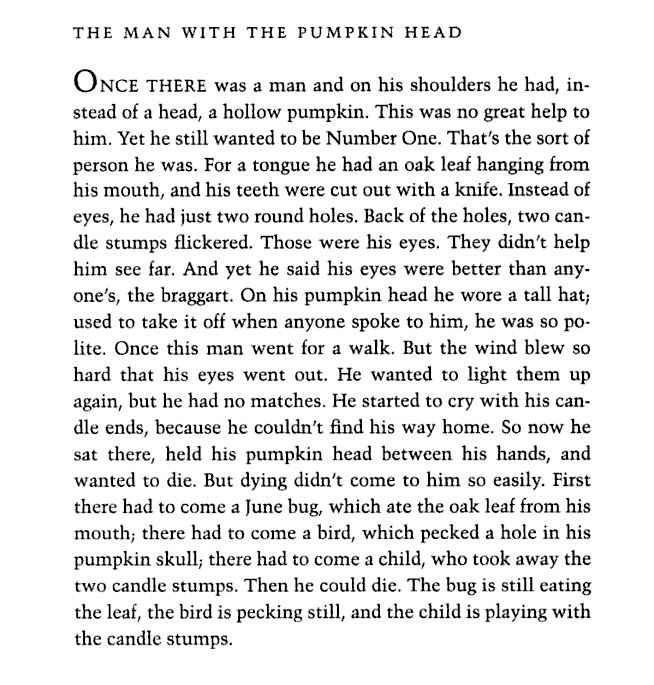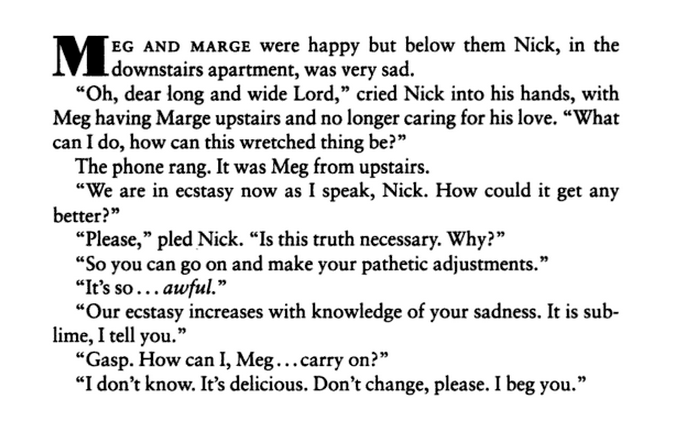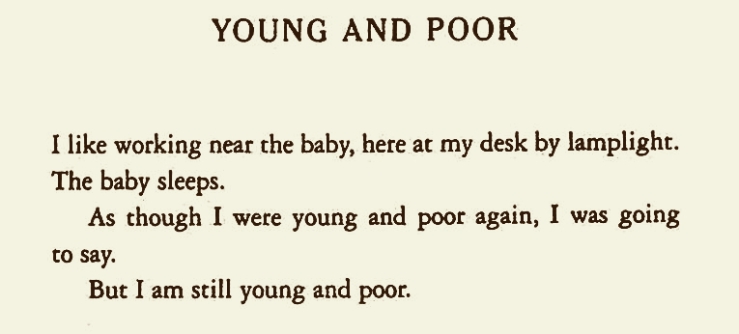“My First Romance” by Lafcadio Hearn
There has been sent to me, across the world, a little book stamped, on its yellow cover, with names of Scandinavian publishers – names sounding of storm and strand and surge. And the sight of those names, worthy of Frost-Giants, evokes the vision of a face – simply because that face has long been associated, in my imagination, with legends and stories of the North – especially, I think, with the wonderful stories of Björnstjerne Björnson.
It is the face of a Norwegian peasant-girl of nineteen summers – fair and ruddy and strong. She wears her national costume: her eyes are grey like the sea, and her bright braided hair is tied with a blue ribbon. She is tall; and there is an appearance of strong grace about her, for which I can find no word. Her name I never learned, and never shall be able to learn; – and now it does not matter. By this time she may have grandchildren not a few. But for me she will always be the maiden of nineteen summers – fair and fresh from the land of the Hrimthursar – a daughter of gods and Vikings. From the moment of seeing her I wanted die for her; and I dreamed of Valkyrja and of Vala-maids, of Freyja and of Gerda. . . .
She is seated, facing me, in an American railroad-car – a third-class car, full of people whose forms have become indistinguishably dim in memory. She alone remains luminous, vivid: the rest have faded into shadow – all except a man, sitting beside me, whose dark Jewish face, homely and kindly, is still visible in profile. Through the window on our right she watches the strange new world through which we are passing: there is a trembling beneath us, and a rhythm of thunder, while the train sways like a ship in a storm.
An emigrant-train it is; and she, and I, and all those dim people are rushing westward, ever westward – through days and nights that seem preternaturally large – over distances that are monstrous. The light is of a summer day; and shadows slant to the east.
The man beside me says:
“She must leave us tomorrow; – she goes to Redwing, Minnesota. . . . You like her very much? – yes, she’s a fine girl. I think you wish that you were also going to Redwing, Minnesota?”
I do not answer. I am angry that he should know what I wish. And it is very rude of him, I think, to let me know that he knows.
Mischievously, he continues:
“If you like her so much, why don’t you talk to her? Tell me what you would like to say to her; and I’ll interpret for you. . . . Bah! you must not be afraid of the girls!”
Oh! – the idea of telling him what I should like to say to her! . . . Yet it is not possible to see him smile, and to remain vexed with him.
Anyhow, I do not feel inclined to talk. For thirty-eight hours I have not eaten anything; and my romantic dreams, nourished with tobacco-smoke only, are frequently interrupted by a sudden inner aching that makes me wonder how long I shall be able to remain without food. Three more days of railroad travel – and no money! . . . My neighbor yesterday asked me why I did not eat; – how quickly he changed the subject when I told him! Certainly I have no right to complain: there is no reason why he should feed me. And I reflect upon the folly of improvidence.
Then my reflection is interrupted by the apparition of a white hand holding out to me a very, very large slice of brown bread with an inch-thick cut of yellow cheese thereon; and I look up, hesitating, into the face of the Norwegian girl. Smiling, she says to me, in English, with a pretty, childish accent:
“Take it, and eat it.”
I take it, I devour it. Never before nor since did brown bread and cheese seem to me so good. Only after swallowing the very last crumb do I suddenly become aware that, in my surprise and hunger, I forgot to thank her. Impulsively, and at the wrong moment, I try to say some grateful words.
Instantly, and up to the roots of her hair, she flushes crimson: then, bending forward, she puts some question in a clear sharp tone that fills me with fear and shame. I do not understand the question: I understand only that she is angry; and for one cowering moment my instinct divines the power and the depth of Northern anger. My face burns; and her grey eyes, watching it burn, are grey steel; and her smile is the smile of a daughter of men who laugh when they are angry. And I wish myself under the train – under the earth – utterly out of sight forever. But my dark neighbor makes some low-voiced protest – assures her that I had only tried to thank her. Whereat the level brows relax, and she turns away, without a word, to watch the flying landscape; and the splendid flush fades from her cheek as swiftly as it came. But no one speaks: the train rushes into the dusk of five and thirty years ago . . . and that is all!
. . . What can she have imagined that I said? . . . My swarthy comrade would not tell me. Even now my face burns again at the thought of having caused a moment’s anger to the kind heart that pitied me – brought a blush to the cheek of the being for whose sake I would so gladly have given my life . . . But the shadow, the golden shadow of her, is always with me; and, because of her, even the name of the land from which she came is very, very dear to me.












